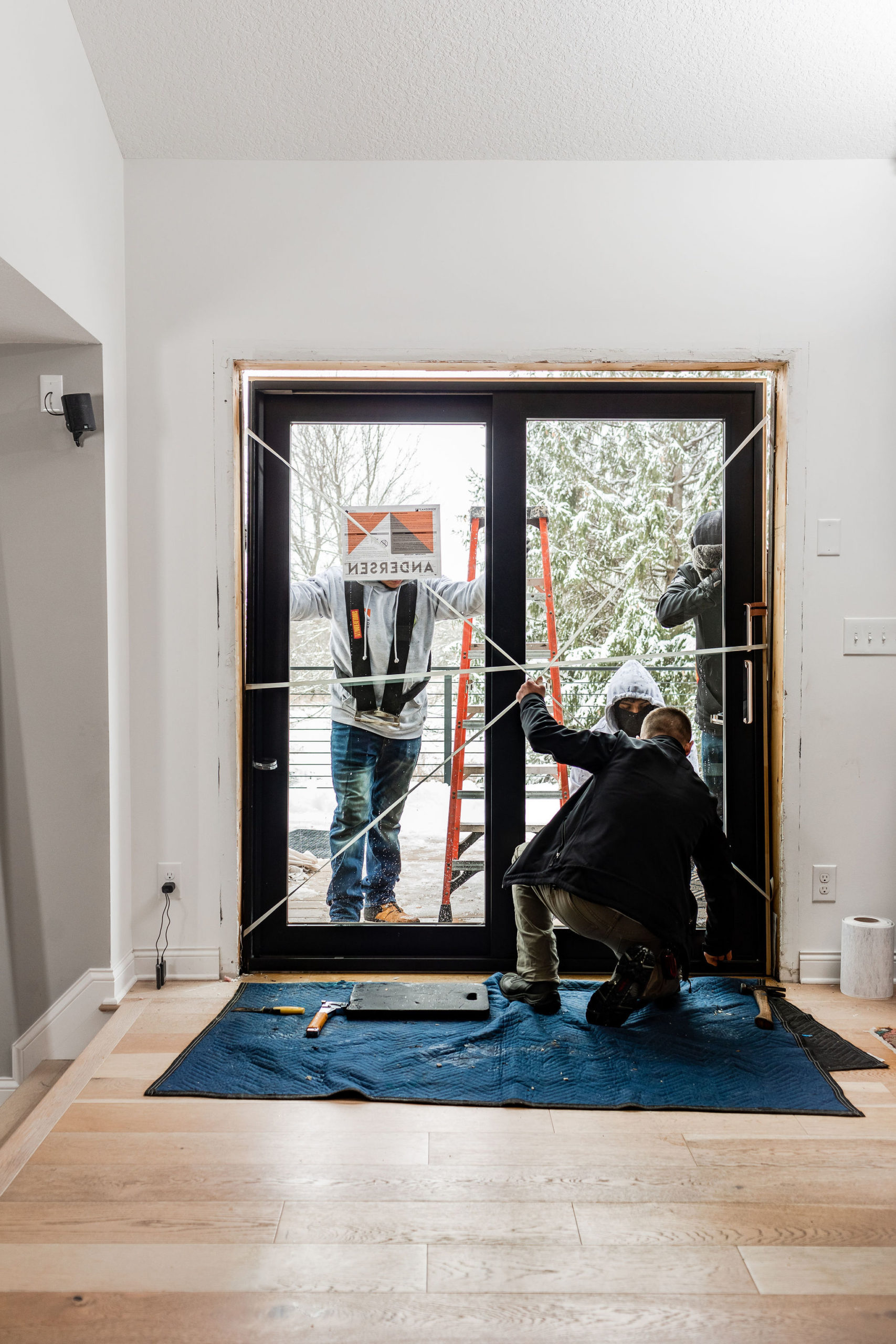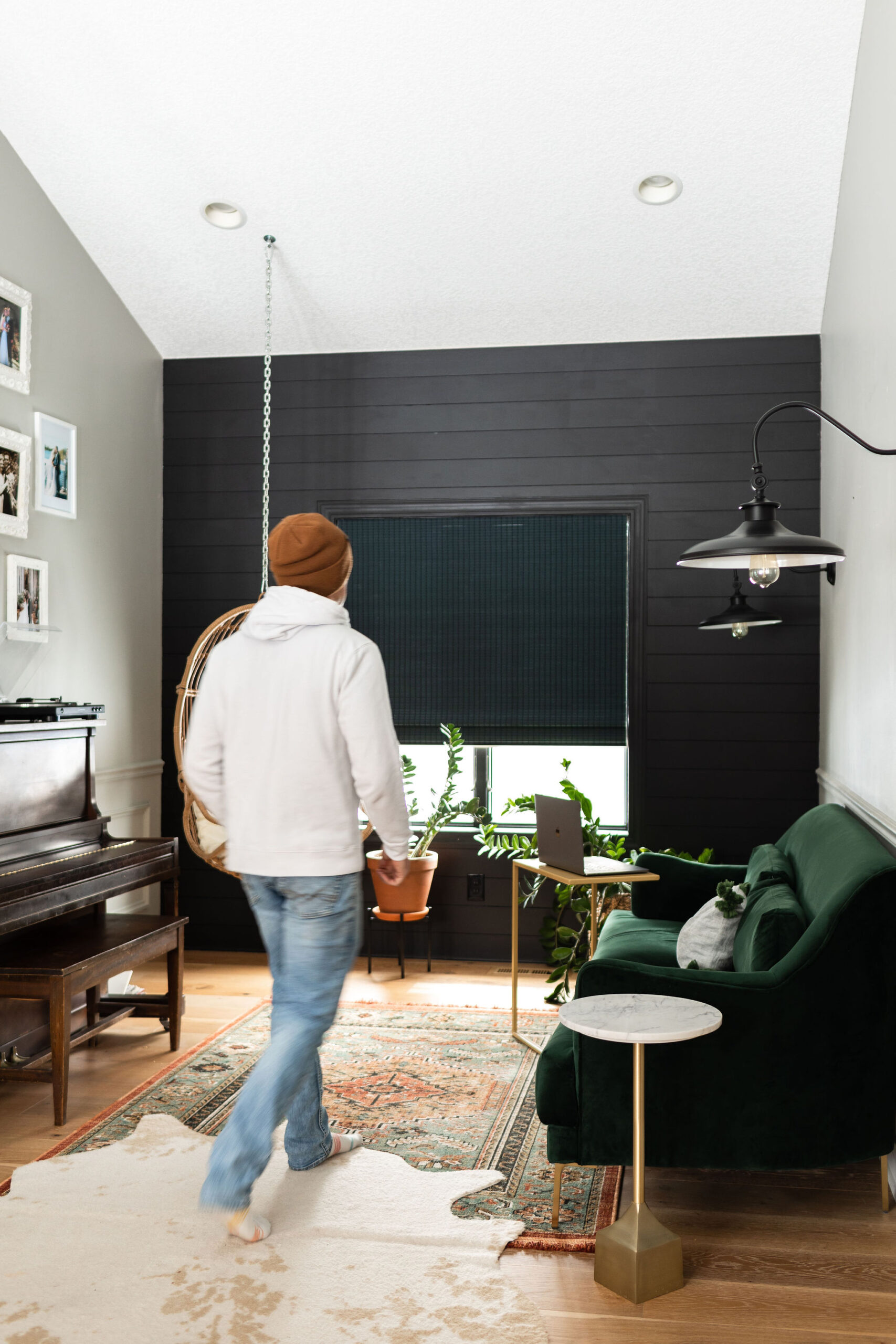
May was Mental Health Awareness Month—a time dedicated to acknowledging the importance of mental health and reducing the stigma that still clings to conversations around it. But in the construction industry, this conversation isn’t just important—it’s critical.
Construction workers are the backbone of our homes, neighborhoods, and cities. They are the ones pouring the foundations, framing the walls, and wiring the lights. They build what we dream. But beneath the strength, the skill, and the grit—there are people. And those people are hurting.
The Unspoken Crisis
Mental health challenges in construction are often hidden behind work boots, hard hats, and “I’m fine.” They’re buried under the weight of unrelenting deadlines, physical labor, financial pressure, and the fear of being seen as weak.
This industry, one built on resilience, has become one of the hardest-hit when it comes to mental health. The statistics are heartbreaking.
According to the CDC, men in construction die by suicide at a rate that is four times higher than the general population. That means that for every fatal fall, for every jobsite accident, there are far more deaths happening in silence.
Construction has the second-highest suicide rate of any industry in the United States. Let that sit for a second. This isn’t just a crisis—it’s a call to action.
“I’m fine” Isn’t Fine
There’s a deeply ingrained belief in the trades that you have to be tough. That asking for help is weakness. That talking about mental health makes you less of a man, less of a leader, or less dependable on a job site.
That couldn’t be further from the truth.
When you’ve been raised to believe you have to carry it all alone, you do just that—until the weight becomes too much. And often, no one sees it until it’s too late.
This is especially true for men. Most construction crews are still male-dominated, and many men are taught from a young age to avoid vulnerability. To push through. To “man up.” But strength isn’t staying silent. Strength is being honest.
“It’s okay to fall apart sometimes. Tacos fall apart. And we still love them.”
Why Is the Risk So High?
The risk factors for mental health issues in construction are everywhere:
- Long hours with limited breaks
- Physically dangerous and exhausting labor
- Financial stress from inconsistent pay or seasonal layoffs
- Chronic pain or injury
- Pressure to provide, no matter what
- Isolation from family and support systems during long projects
- Substance use as a coping mechanism
It’s not one thing—it’s everything. The job is hard. And the harder it gets, the more important it becomes to have mental health support in place.
Safety Isn’t Just Physical
We often talk about job site safety—wear your gear, follow protocol, stay alert. But what about psychological safety?
If you can’t tell your boss you’re struggling… if you don’t feel safe saying you’re burnt out… if you think asking for help will cost you your job or respect… that’s not a safe job site.
Construction Safety Week, held each May, has started to shine more light on mental health—but awareness isn’t enough. It has to lead to action.
A Culture Shift Is Needed
To make real change, we need to:
- Normalize the conversation. Mental health talks should be part of toolbox talks.
- Train leaders to see the signs. Not everyone in crisis looks like it.
- Create safe spaces. Whether it’s a quiet moment in the trailer or an open-door policy in the office, workers need to know they can talk.
- Prioritize rest and boundaries. Hustle culture can’t cost lives.
- Lead by example. When owners, foremen, and team leaders share their own stories or check in often, it sets the tone for everyone else.
“Just because no one else can heal or do your inner work for you doesn’t mean you can, should, or need to do it alone.” – Lisa Olivera
Resources That Can Help
If you or someone on your team is struggling, these organizations are ready to help:
Construction Industry Support
- Construction Industry Alliance for Suicide Prevention – preventconstructionsuicide.com
- Construction Working Minds – constructionworkingminds.org
- American Foundation for Suicide Prevention – afsp.org
For Employers
- Offer EAPs (Employee Assistance Programs)
- Include mental health days in PTO
- Bring in speakers or counselors for jobsite talks
- Keep Showing Up
Mental health is not a one-and-done campaign. It’s an ongoing commitment to your crew, your company, and yourself.
If you’re reading this and you’re in the construction industry—whether you’re framing walls or managing the office—know this:
You matter.
It’s okay to not be okay.
Help is available. You are not alone.
And even if today feels heavy… even if you don’t see the path forward…
“Just keep swimming.” – Dory, Finding Nemo
You don’t have to be the strongest. You just have to keep going. And we’re here to walk beside you.
Let’s build a better industry, one conversation at a time.




